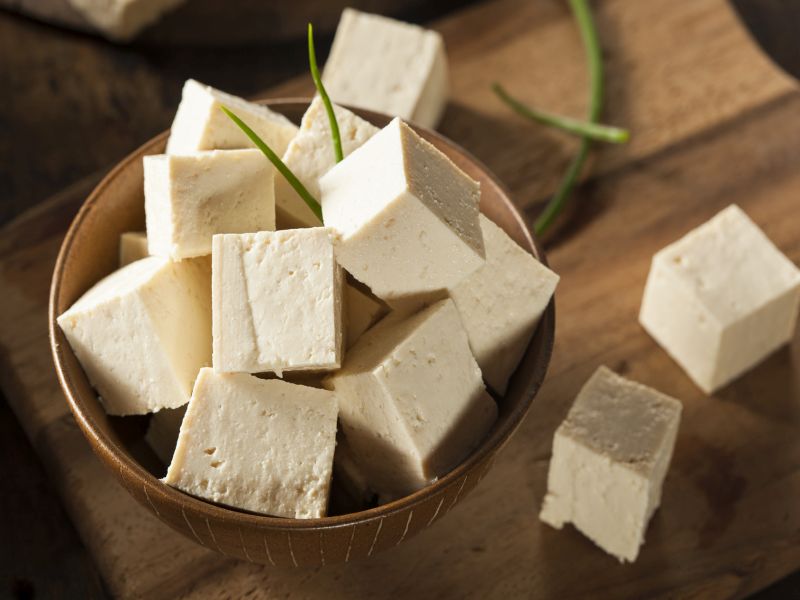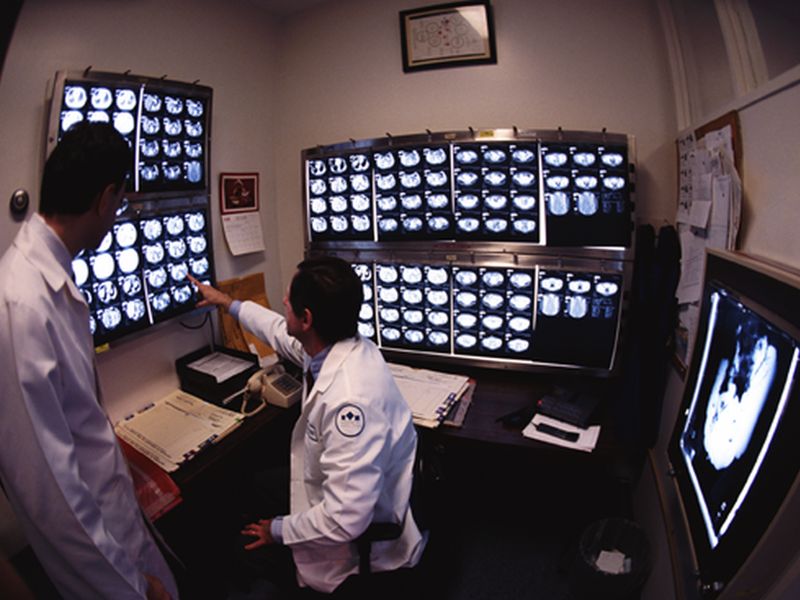
A pulled hamstring is a common injury for athletes who play sports such as track, soccer and basketball. Symptoms of the injury include swelling, bruising or discoloration and weakness in the hamstring. Most hamstring injuries will heal with rest and won’t require surgery, the American Academy of Orthopaedic Surgeons says. The academy suggests: RICE, which… read on >

















